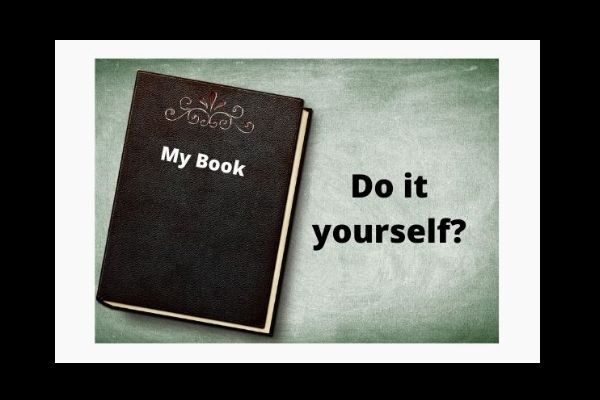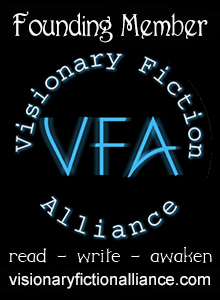
Joe Konrath made $100,00 in three weeks selling his self-published books on Kindle.
He explains this phenomenal achievement in an article called “Reality Check,” where one sentence stands out like the warning beacon on a highway patrol car.
“In the long run, except in the case of bestsellers and huge advances, a writer WILL make more money self-publishing.”
Reality check. Could this really be true?
More words from Joe.
“…it isn’t my name or my past that is responsible for this success. Nor is it any marketing efforts I’m doing now, because I’m not doing any. I haven’t visited my Facebook page in six months. I have a fan page but don’t know how to use it. I’ve never bought an online ad. I’ve got Twitter followers, but they’re writers, not fans.
“Right now I’m making a lot of money because I’m paying close attention to what Amazon is doing, experimenting a lot, and getting lucky.”
So what does a newbie writer seeking publication do? Take the traditional route–which means weathering rejection after rejection, frustration and delays, and (according to Joe) a smaller cut in the financial pie–or go with self publishing?
Also, unpublished writers are likely working their posteriors off writing blog posts, commenting on other people’s blogs, keeping up with Facebook and Twitter, and building websites in order to put themselves in the best possible position to market their upcoming books. Is this the best way to go?
Could a newbie actually avoid all these marketing efforts by “paying close attention to what Amazon is doing, experimenting a lot, and getting lucky?”
Consider the viewpoint of Lee Lopez , who has a self-published book called, “She Cried Wolf,” coming out in February:
“The popularity of Kindle and Nook opened the door to self-publishing or independent publication. To date there are nearly
800,000 independently published books between Amazon and Barnes and Noble. The biggest attraction for an author to go indie is complete control of the books, publication, and career choices, while earning 70% of the profits. The downfall is that few will experience Konrath’s success.
“An indie author on average is lucky to make back the cost to publish, which runs around $300. Every day the field of indie grows, with writers hoping to have some of Konrath’s pixie dust sprinkled their way. There are a couple of reasons for Konrath’s success. First, he was an established author who had a following when he decided to try indie. Second, he is an early pioneer in the indie publication. The combination of those two things spelled out big sales.
“The average indie author has never been published and, with every minute of every day, another book is uploading, creating greater competition for sales.
“Regardless, indie is an attractive way to publish–to see one’s name on a book cover, to take the chance that the book will outshine 800,000 other hopefuls competing for attention, and to live out one’s dream.”
Another thing to consider before making the decision to self-publish is what Sherry Jones, author of “The Jewel of Medina,” calls “The Elephant in the Room.“
“Am I ever glad that self-publishing wasn’t easy back in 2005″ when I was writing my first novel,” she says. “Why? Because of that elephant in the room: the aspect of self-publishing that no one talks about.
“A lot of self-published work is not very good.”
That’s when a literary agent comes in handy–to either reject your book and tell you to get back to work, or sign you on and tell you to get back to work.
The decision to self-publish or take the traditional route of agent-editor-publisher is a personal one, but as Randy Davila, CEO of Hampton Roads Publishing Company says in his “Get Published Workshop” teleclass, “At the very least, get a good editor. Make sure your work is in the best possible shape. Fiction, especially, stands on beautiful prose and an incredible story.”
So how does one find a good editor? Word of mouth is a good place to start, beginning with the three below:
Turning Stone Press: complete editorial and marketing services for writers of metaphysical, speculative, and spiritual fiction. Plus all you need to professionally publish your own book: A New Way to Publish.
Andrea Hurst and Associates: Consulting/Coaching,/Mentoring/Book Evaluation/Development Editing/Platform Building/Branding/Marketing/Perfect Pitch.
Margie Lawson: Triple Pass Edit Critiques and Power-ON Coaching.
Oh, and as far as marketing your book is concerned, don’t count on Amazon or anyone else, including an agent or publisher, to do it for you. According to Randy Davila and most other experts in the publishing field, that’s one aspect of publishing where the key word is: “Self.”
As always, thanks for stopping by,

